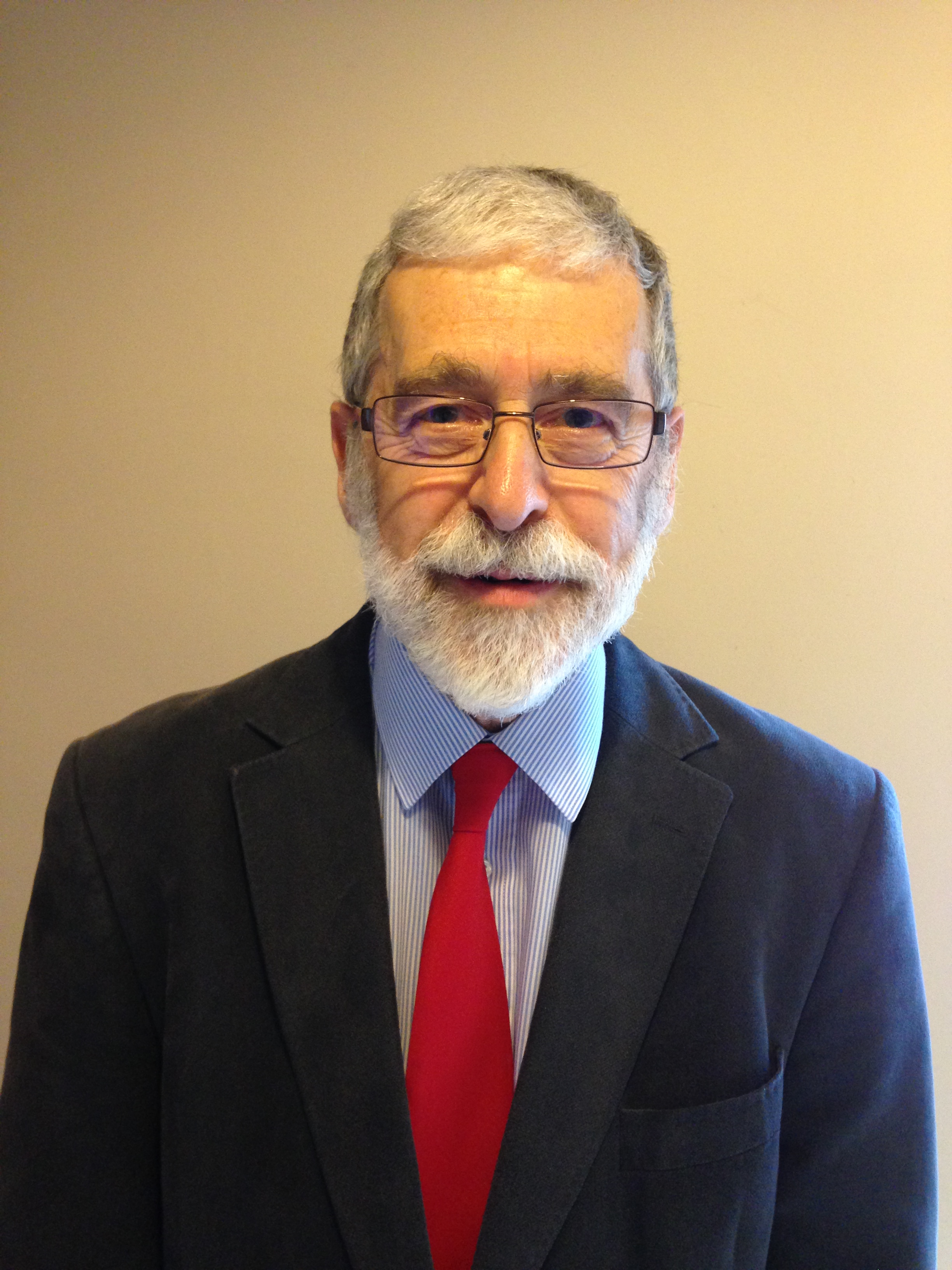Cancer research on the Daresbury ALICE accelerator
The ALICE accelerator at Daresbury is a superconducting energy recovery linear accelerator (ERL). It has two characteristics that provide unique capabilities for the study of cancer. Firstly it drives an infrared free electron laser (IR FEL) that is equipped with a scanning near field optical microscope (SNOM) that makes it possible to determine the chemical structure of tissue with a spatial resolution of 0.1 mm. Secondly, unlike on a synchrotron where the electron bunches circulate ~ 1011 times, the electron bunches on ALICE circulate only once. This makes it possible to keep the bunch length short and when the bunch length is shorter that the wavelength emitted as the electron pass through a bending magnet this gives rise to coherent emission and a massive increase in intensity. On ALICE this occurs in the terahertz (THz) region of the electromagnetic spectrum providing an intense broad band source up to an energy of ~ 0.6 THz.
These capabilities of ALICE are described on youtube (http://www.youtube.com/watch?v=d7Lbyuqor8A see also http://news.bbc.co.uk/today/hi/today/newsid_9694000/9694219.stm) and are currently being exploited in studies of cervical, esophageal and prostate cancers in a multidisciplinary research programme “Towards disease diagnosis through spectrochemical imaging of tissue architecture” (SCAnCan) supported by the UK
Monday 28th September 16:30 – 18:00
CERN Main auditorium
( Entrance free – Limited number of seats)
Coffee at 16:00
The Speaker:
Prof. Peter Weightman
Physics department, University of Liverpool, United Kingdom
Peter Weightman is a Professor of Physics of the University of Liverpool with a track record of developing novel instruments. He was a co-applicant in the proposal to construct the ALICE accelerator at Daresbury and served on the project board for the construction of ALICE. ALICE is now operational and Peter is now leading a team of academics and clinicians in exploiting the potential of ALICE for cancer research. He was awarded the British Vacuum Council Senior Prize and John Yarwood Memorial Medal for 2011, the Mott Medal of the UK Institute of Physics for 2006, the Riviere Prize of the UK Surface Analysis Forum for 2000 and the Science Prize of the UK ESCA Group in 1990.
